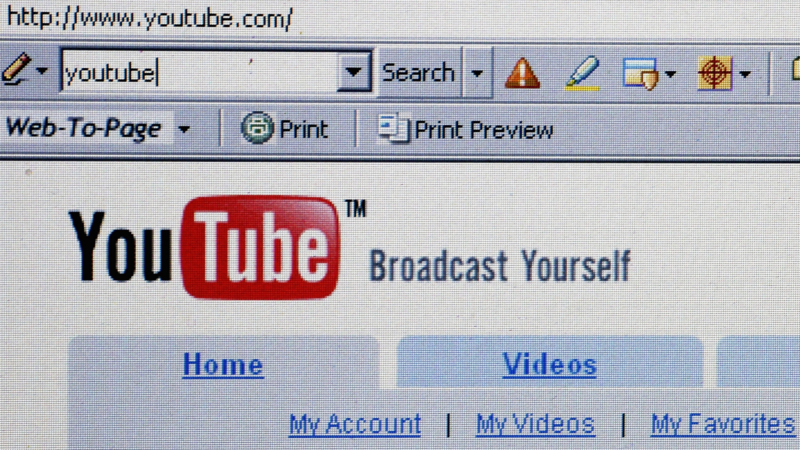YouTube turns 20 years old today
Twenty years ago, three former PayPal employees launched YouTube.com, originally intended as a dating website with the slogan “Tune In, Hook Up.”
The co-founders—Steve Chen, Chad Hurley and Jawed Karim—struggled to attract users, so they created YouTube’s first video themselves. The clip, titled “Me at the zoo,” featured Karim at the San Diego Zoo.
In doing so, they built a platform where anyone with an internet connection could upload and watch videos.
What did people do with this newfound power?
What they’re still doing today.
Flooding the internet with clips from Saturday Night Live—Like Lazy Sunday, one of the early viral videos.
Swiftly removed at NBC’s request but later restored on Youtube, the video highlighted a key tension in YouTube’s rise. For some, it was a chaos of copyright infringement; for others, a breakthrough in short-form video democracy. The following year, Google bought YouTube for more than $1.6 billion.
In October 2006, Karim shared with students at his alma mater, the University of Illinois at Urbana-Champaign, what it all meant to him: “If you have a good idea, and you just go out there and you make a video, you can — you can get an audience of millions almost instantly for free,” he said.
Over the years, YouTube has faced controversies—over data collection, toxic content and radicalizing algorithms.
But “Me at the zoo” is still there, reminding viewers of a more innocent time. With 348 million views, it’s a far cry from the most-watched video.
If you clicked to listen above, our apologies, dear readers—we have “Baby Shark”
Taiwan’s president pledges to defend island’s sovereignty after Chinese military drills
Taiwanese President Lai Ching-te vowed to defend the self-ruled island's sovereignty in the face of what he termed China's "expansionist ambitions," days after Beijing wrapped up live-fire military drills near its shores.
Deaths reported during widening protests in Iran sparked by ailing economy
The protests began due to economic pressures, with Iran's currency rapidly depreciating. Demonstrators have also chanted against the country's theocracy.
Congress failed to extend Obamacare subsidies. This Democrat says Trump can save them
Sen. Peter Welch, D-Vt., says he thinks the Senate can pass a "retroactive" Affordable Care Act subsidy extension, but "we need President Trump."
Rideshare union rights, social media limits and other state laws taking effect Jan. 1
Every new year, public media reporters across the country bring us some of the new state laws taking effect where they are. Here are six in 2026.
Guides to help you tackle your New Year’s resolutions
From building your strength to tackling credit card debt, NPR's Life Kit has a newsletter journey to help you tackle your New Year's resolution.
Guides to help you tackle your New Year’s resolutions
From building your strength to tackling credit card debt, NPR's Life Kit has a newsletter journey to help you tackle your New Year's resolution.






